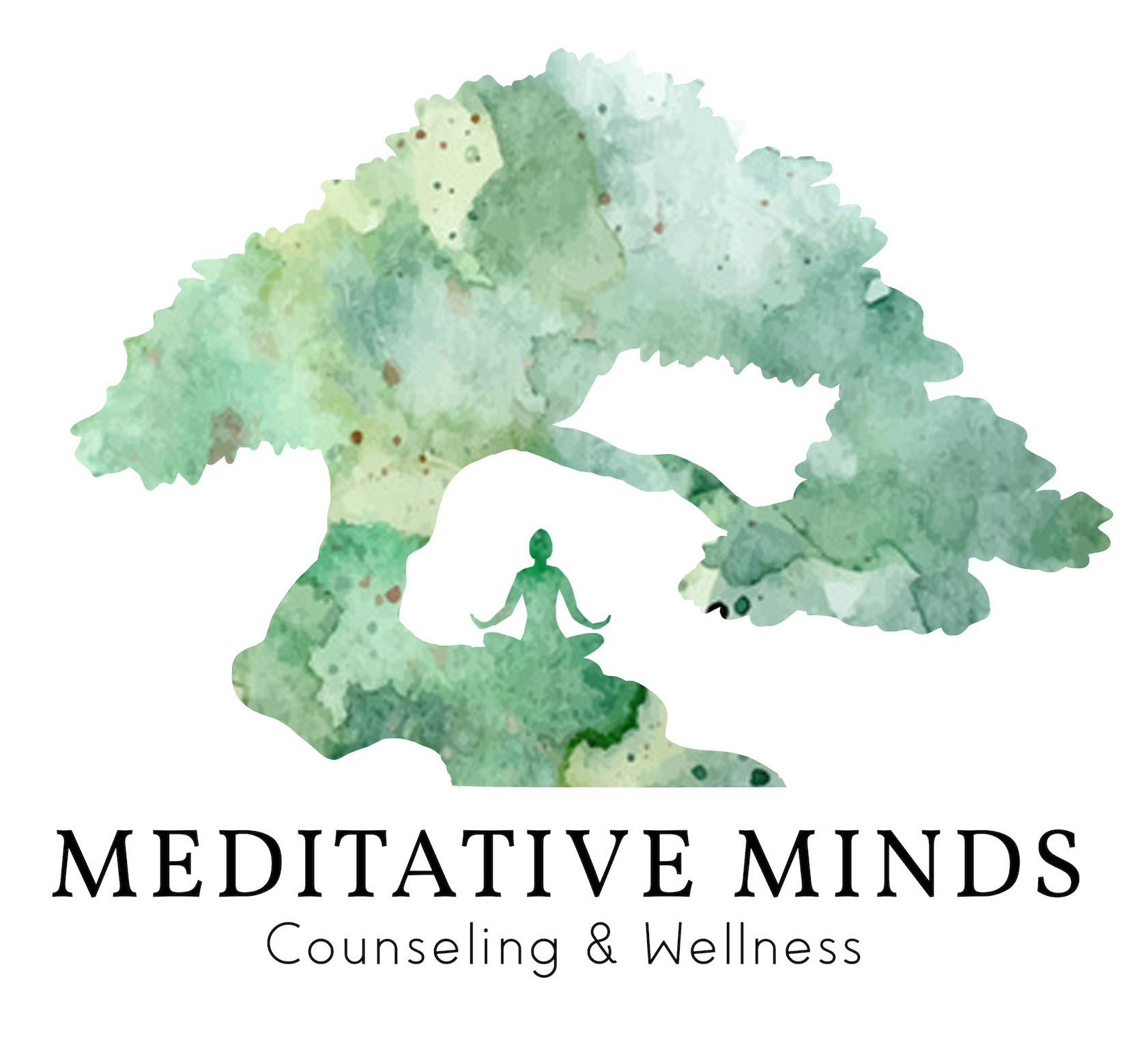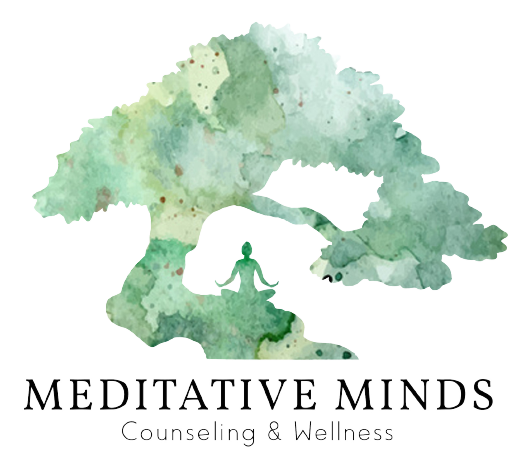The pressures of modern life, coupled with uncertainties and challenges, often contribute to a heightened state of anxiety. However, rather than viewing anxiety solely as a hindrance, a growing number of individuals are exploring holistic approaches to transform this seemingly negative force into a catalyst for personal growth.
In this blog post, we will delve into the concept of holistic approaches and how they can be instrumental in reshaping anxiety into a powerful tool for self-discovery and personal development.
From mind-body practices like meditation to embracing holistic lifestyle changes, these approaches offer a comprehensive framework for individuals to navigate anxiety and unlock the potential for transformative personal growth.
Understanding Anxiety
Anxiety, a natural response to stress, can detrimentally affect mental, emotional, and physical well-being when chronic. Traditional methods typically target symptom management through medication or therapy. Holistic approaches, however, go beyond, delving into the root causes of anxiety to foster a balanced and harmonious life.
Emphasizing the interconnectedness of mind, body, and spirit, these holistic practices encompass mind-body techniques like meditation and yoga, nutritional considerations, emotional and spiritual exploration, and lifestyle changes. This comprehensive approach aims not only to alleviate symptoms but to transform anxiety into a catalyst for personal growth, empowering individuals to navigate life’s challenges with resilience and self-awareness.
Holistic Approaches Defined
Holistic approaches recognize the interconnectedness of mind, body, and spirit. Unlike conventional methods that may isolate symptoms, holistic approaches consider the individual as a whole. The goal is not merely to alleviate anxiety symptoms but to foster overall well-being and personal growth.
Mind-Body Practices
- Meditation and Mindfulness
Mindfulness and meditation have gained significant popularity as effective tools for managing anxiety. By cultivating awareness of the present moment, individuals can break free from the cycle of anxious thoughts and develop a more balanced perspective. Regular practice of mindfulness has been shown to reduce stress hormones and promote a sense of calm.
- Yoga
Yoga is a holistic practice that combines physical postures, breath control, and meditation. Its benefits extend beyond the physical body, influencing mental and emotional well-being. The deliberate focus on breath and movement helps individuals connect with their bodies, fostering a sense of grounding and reducing anxiety.
Nutrition and Holistic Wellness
- Gut-Brain Connection
Holistic approaches emphasize the importance of nutrition in mental health. The gut-brain connection is a well-established concept, highlighting the bidirectional communication between the digestive system and the brain. A balanced and nutrient-rich diet can positively influence mood and reduce anxiety.
- Herbal Remedies
Herbs and plant-based supplements have been used for centuries to promote mental well-being. Adaptogenic herbs, such as ashwagandha and holy basil, are known for their stress-relieving properties. Incorporating these natural remedies into one’s routine can complement other holistic practices in managing anxiety.
Emotional and Spiritual Exploration
- Inner Healing
Holistic approaches often involve delving into one’s emotions and exploring the root causes of anxiety. This may include practices like journaling, therapy, or engaging in meaningful conversations with trusted individuals. By acknowledging and understanding the emotional aspects of anxiety, individuals can begin the process of inner healing.
- Finding Purpose
Connecting with a sense of purpose and spirituality can be transformative in managing anxiety. This might involve exploring personal values, engaging in activities that bring fulfillment, or embracing a spiritual practice. A sense of purpose provides a compass for navigating life’s challenges and fosters resilience in the face of anxiety.
Holistic Lifestyle Changes
- Sleep Hygiene
Quality sleep is crucial for mental health, and holistic approaches emphasize the importance of sleep hygiene. Establishing a consistent sleep routine, creating a comfortable sleep environment, and practicing relaxation techniques before bedtime can significantly improve sleep quality and reduce anxiety.
- Digital Detox
The constant bombardment of information from digital devices can contribute to anxiety. Holistic approaches encourage periodic digital detoxes to allow the mind to rest and recharge. Setting boundaries on screen time and incorporating technology-free moments into daily life can contribute to overall well-being.
Transforming Anxiety into Personal Growth
-
Shift in Perspective
Holistic approaches invite a shift in perspective regarding anxiety. Rather than viewing it as a purely negative experience, individuals are encouraged to see anxiety as a signal for potential growth and self-discovery. This change in mindset sets the stage for a more empowered and proactive approach to managing anxiety.
-
Increased Self-Awareness
The holistic journey toward personal growth involves increased self-awareness. Mindfulness practices, emotional exploration, and a focus on overall well-being contribute to a deeper understanding of oneself. This self-awareness is a key catalyst for personal transformation, allowing individuals to make informed choices aligned with their values and aspirations.
-
Enhanced Resilience
By embracing holistic approaches, individuals cultivate resilience in the face of life’s challenges. Mind-body practices, emotional exploration, and lifestyle changes contribute to a resilient mindset that enables individuals to navigate stressors with greater ease. Resilience becomes a cornerstone of personal growth, transforming anxiety from a source of distress to a source of strength.
-
Empowerment Through Self-Care
Holistic approaches emphasize the importance of self-care as a foundational element in managing anxiety. Taking time for oneself, whether through mindful activities, nourishing nutrition, or intentional self-reflection, becomes a powerful tool for empowerment. As individuals prioritize their well-being, they reclaim a sense of control over their lives and actively contribute to their personal growth journey.
Conclusion
By addressing the interconnected aspects of mind, body, and spirit, individuals can transcend the limitations of anxiety and embrace a holistic lifestyle that fosters well-being and resilience. The journey from anxiety to personal growth involves a profound shift in perspective, encouraging individuals to view anxiety not as a mere burden but as a catalyst for positive change and self-discovery.
Through increased self-awareness, individuals gain insights into the root causes of their anxiety, paving the way for transformative growth.Empowerment through self-care becomes a cornerstone of this journey, as individuals prioritize activities that nourish their mental, emotional, and physical well-being.
As more people recognize the potential for transformation within holistic approaches, a collective evolution in the narrative around anxiety occurs. What was once perceived as a hindrance is now seen as an opportunity for growth, resilience, and a holistic approach to living a fulfilling and balanced life.


